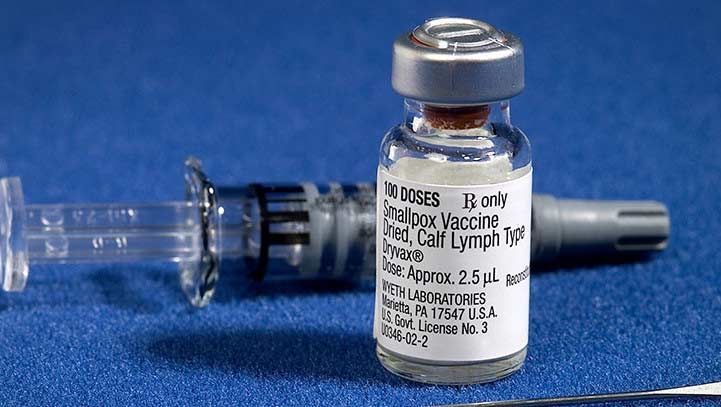The war between the medical community and the anti-vaxxers probably won’t abate anytime soon. Leading up to the 4 th of July weekend, when most Americans are traditionally preparing BBQs and fireworks, many Californians protested in cities across the state. That’s because on June 30 th , 2015, Gov. Jerry Brown signed a bill into law that effectively mandates vaccinations against diseases—including measles, mumps, and whopping cough—for all school-age children. This is in direct response to the low vaccination rates in many communities throughout California.
Needless to say, this bill was one of the more high-profile measures the California legislature took up this year. Here are the basics.
The law
Pediatrician and state senator Richard Pan sponsored the bill that Gov. Brown signed into law. Before it was signed, parents could legally avoid vaccinating their children via “personal belief exemptions,” and indeed in 2014 some 13,000 of these exemptions were filed. This law does away with the exemptions, although children with confirmed allergies and other medical conditions are still exempt. Now, by law, those parents who refuse these mandatory vaccinations will be forced to remove their children from school, opting instead for home study or independent public learning programs.
The causes
The bill wasn’t written in a vacuum. California has recently been ground zero for some headline-grabbing measles scares, most notably the 2014 outbreak at Disneyland, which was attributed to unvaccinated children. Health experts are in agreement that this resurgence indicates a trend, one that can put unvaccinated children at risk. Take for example seven-year-old Rhett Krawitt, who became the literal poster boy for supporters of the mandatory vaccine law. A cancer sufferer who could not be vaccinated for health reasons, Rhett testified at a state senate hearing that “vaccines save lives.”
The response
Obviously, this is a sweeping victory for the pro-vaccination crowd. But if the protestors are any indication, opponents will not go quietly into that good night. For example, an organization called Voice for Choice has already raised $350,000 to fight the law. And those who are focused on repeal claim they have grounds because it violates their children’s right to a public education.
So what do you think? Is this a battle between medical pragmatists and dangerously obstinate parents, or is this an issue of noble crusaders protesting overreach by a tyrannical state government?






